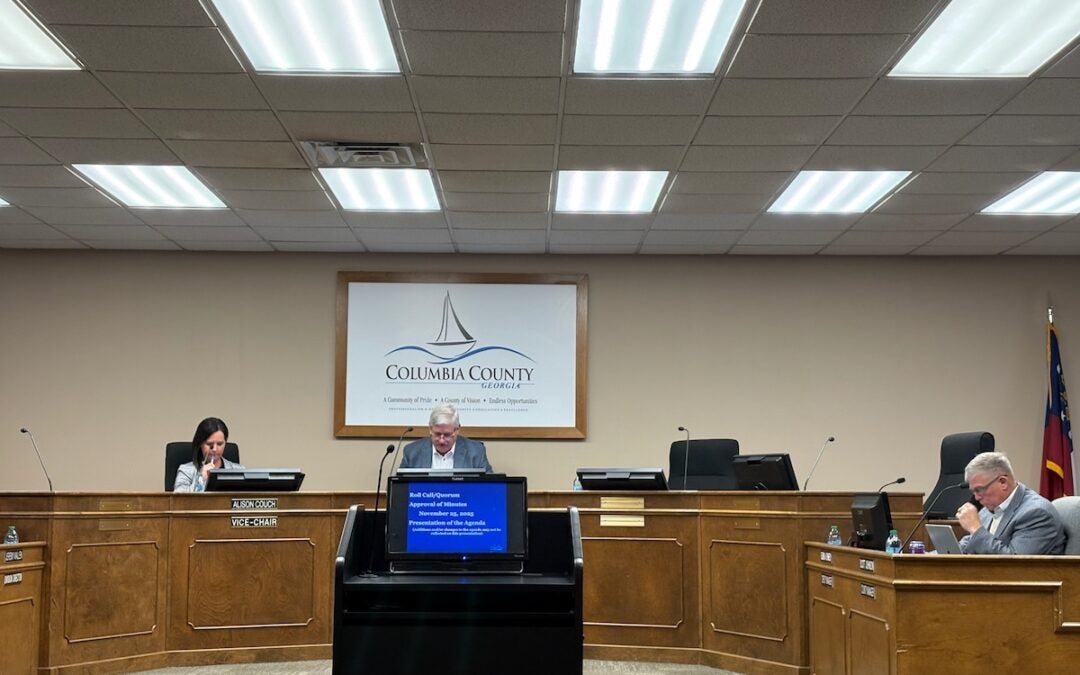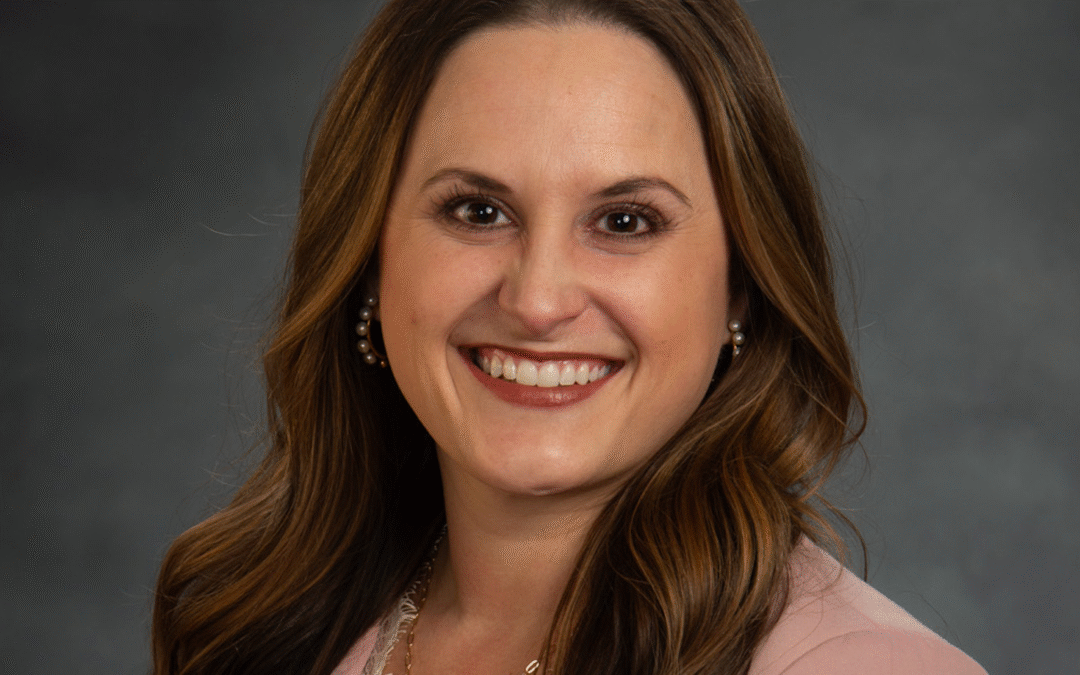Have you ever asked yourself, why churches put so much work into getting people in the pews for Easter Sunday but so little energy into getting them back the next week? Easter is the 50-day period from Easter Sunday to the Day of Pentecost. It is celebrated as a season. Each Sunday of the season is treated as a Sunday in Easter.
We’re obviously excited to have a big crowd in church on Easter Sunday; we prepare for visitors. We make extra worship booklets, pull out all the stops with music and refreshments. We count on the increase in numbers for our parochial reports! But what do we really think of our guest, the Christmas & Easter crowd? Do we see them as potentially faithful followers of Jesus, or do we take a more cynical approach? The discerning congregation needs to be careful how and what message it communicates to guests on these special Sundays: Christmas, and Easter included.
The Sunday after Easter is often called “Low Sunday,” because of the absence of people in the pews compared to Easter Sunday. The question that needs to be asked is, are we really expecting them to come back. This is especially true for those of us here in Augusta; the Sunday after Easter this year is Master’s week. So, many of our churches will really experience Low Sunday this year as it is spring break and holiday time for many, even many of the regular worshipers will take a Sunday holiday on this first Sunday of Easter!
So, I invite you to think with me about how we invite, welcome, and connect with the typical “C&E” person. After all, they do bother to show up on these special days. Some of them even have the audacity to sit in “my pew” or the pew that we all know is reserved for the matriarch! But it is something about their assumptions and values that tells them these two days are important and that they should attend worship. It is built-in evangelism for the church, yet we treat Easter as a one-day event and fail to treat it as the best invitation tool we have. We are Christians precisely because we follow the resurrected Christ. Maybe of all the things we do in church, these are the two services that they really enjoy. It could be the beautiful poinsettias and Easter lilies, these are the flowers that are always in church when they come. It could be an invitation from family and friends. What we know is, there is something drawing them on the most significant day of the Christian Year to the church. Yet, worship is obviously not a weekly priority for them. Other values and rhythms pull them away from the worshiping community on other Sundays.
Many “C&E” folks grew up as regular attenders but somewhere along the way, church seemed to them to be increasingly irrelevant to their everyday lives and they lost interest. We all know someone. Maybe they are some of our family members; maybe we were them, at one point in our lives. They are ordinary people. I believe we can help them bridge the gap between their perceptions of what’s most important to what is preeminent, or rather, who is preeminent (Col. 1:18).
In 18th century England, when fewer and fewer people were going to church, John Wesley went to the marketplace to reach the masses. He said, “I design plain truth for plain people. I labor to avoid all words which are not easy to be understood, all which are not used in common life.” He was the first “seeker-sensitive” preacher. To capture the attention of the C&E crowd we must prayerfully endeavor to communicate the Gospel in ways they can understand, so the Holy Spirit can convict and draw them into a life-changing relationship.
The Bible is eminently relevant, but some choices we make as Christians and worship leaders, can make the Gospel we proclaim, sound disconnected from the everyday worries and concerns of many who choose to worship with us. How do we extend the invitation of Jesus to “come unto me all who are weighed down with burdens?” How do we welcome these curious seekers, in a way, what will attract them and cause them to want to come back when the pews are less crowded? I believe it is the Easter Triduum that memorializes the suffering, death, burial, and resurrection of Jesus Christ.
Please allow me to muse out loud for a moment. I think the first priority of a post-Easter plan is to have a pre-Easter plan. Don’t try to cover everything on Easter Sunday, things about what we believe that took us a lifetime to learn. Don’t force it, mention that the story will be covered in more detail in the coming weeks. Give them a reason to want to come back. After all, Easter continues, and we know by their presence, they are interested in Easter, so do not shy away from the good news of the resurrection. Remember, they can find “Easter razzle-dazzle” any place they look, for it abounds all around them. They came to church; invite them back to church next week. This is a great way to go out on a positive note that will leave them interested in hearing more. The tendency is to think this is your one big shot and you’ve got to try to cover all the bases on Easter Sunday. Keep it concise and engaging. Leave the seeker wanting to hear more and they’ll be more likely to return.
Whatever we do at Easter, we want to make an effort to draw the “C&E” crowd back into worship the next week. After all, these bi-annual guests have chosen to look for God in our midst and to worship with us. Get to know them and in some cases, reconnect with them. In his noteworthy book, Mere Christianity, theologian C.S. Lewis writes: “Look for yourself, and you will find in the long run only hatred, loneliness, despair, rage, ruin, and decay. But look for Christ and you will find Him, and with Him everything else thrown in.” I think this is helpful for us to consider whenever we welcome the seeker as our guest.
Observers of the younger generations report that what impresses fourteen- to thirty-four-year-olds is authenticity. This quest for sincerity challenges most congregations exactly because so many of us dress up for church, both literally and figuratively. We put on our Sunday best in clothes, behavior, and attitude. And yet the church is called to witness to God’s hope-inspiring presence in a broken world. Somehow worship must express an authentic faith that honestly recognizes injustice, doubt, and unbelief, while at the same time it asserts that all things will indeed work out for good under God’s sovereign reign.
But God also is revealed through the lives of the faithful gathered, and here is where authenticity comes into play. When God’s hand and presence is seen in the lives of members of the congregation, it serves as a powerful reminder to the seeker, that God is who they are looking for, and God is here in this place. We must avoid, however, reducing our worship services to a motivational seminar where we tick off a check list of things to do in order to get to heaven. Throughout his gospel, John’s theology is clear. The presence of the Holy Spirit, working in us at our baptism, is necessary for recognizing Christ’s presence in our midst (John 1:33).
Unlike the dead hopes of the world, our hope in Jesus is a living hope because he conquered the grave on Easter morning. Through Jesus Christ’s grace, we’re saved to an imperishable, undefiled inheritance in God. Instead of placing our hope in the world, believing in the gospel allows our hope to extend beyond the grave. Our hope lies in heaven, our eternal promise of dwelling with God, who is the source of all goodness and beauty!
We no longer need to seek ultimate hope in politics, relationships, possessions, circumstances, or health because we know that whatever happens on earth, we have eternity with God to look forward to. The amazing thing is that our eternal hope in Christ supports all our hopes in the things of this world. When we lose our job, dream career, struggle financially, or lose our house, we don’t lose hope because God is preparing a place for us where we’ll dwell forever with all our needs met. As our bodies age and weaken, our hope isn’t in our physical selves but in the living God who has prepared a place for us where we’ll dwell forever in new bodies. This is good news for everyone. The Easter season is the perfect time for the seeker to hear this good news!
We can still anticipate life’s good things, with the balance of knowing that this world isn’t all there is. We can hope for peace, righteousness, meaningful careers, family, relationships, financial stability, and possessions, knowing that everything we have ultimately belongs to God and can be used for God’s glory.
For Christians, and I believe it is true for everyone, this eternal hope allows us to rejoice even when life is difficult. Again, C.S. Lewis writes in Mere Christianity, “God cannot give us a happiness and peace apart from Himself because it is not there.” Easter is the season in which we come to know the joy that God planned for us from the beginning. The promise of that joy is the perfect invitation to folks to come and see what we celebrate for a season, which defines who we are for a lifetime. We are Easter people; so please join me in shouting Alleluia this Easter season; for the season of Pentecost is coming.
Rev. Bill Alford is a retired priest who served St. Alban’s Episcopal Church for the last 30 years and who has been priest-in-charge of the Church of the Atonement in Hephzibah for the last three years. Originally from Albany, Ga., Rev. Alford is a Navy Veteran who sings with and who is on the Board of Directors for the Augusta Choral Society.










